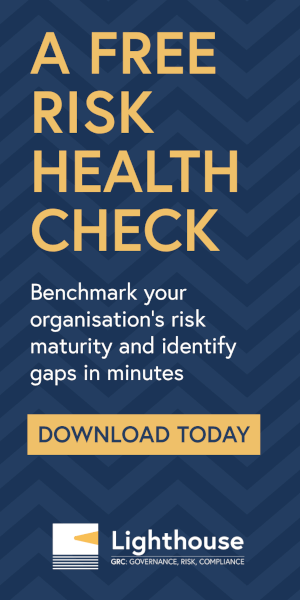|
|
|
New report reveals complexity of £1.25billion local regulatory regime
Council services providing vital consumer protection and regulatory advice to business are delivered amid enormous complexity, the first ever 'map' of the UK's local regulatory regime reveals.
Local inspectors must enforce some 200 pieces of domestic legislation as well as EU directives, the Mapping the Local Authority Regulatory Services Landscape report found. They must also implement policies set by up to a dozen central government departments and 10 national regulators - and in some cases enforce rules alongside them.
The report, published by the Local Better Regulation Office (LBRO), also found that responsibility for providing trading standards, environmental health, licensing and fire safety services is divided between more than 500 local bodies across England, Wales, Scotland and Northern Ireland. Depending on the type of council in an area, inspections alone can be carried out by up to three different local authorities.
The report is the first to detail the complex web of relationships and responsibilities behind local regulatory advice, inspection and enforcement activity.
Clive Grace, the LBRO chair, said:
"The system of local regulation is enormously complex. Local authorities have an exceptionally difficult and demanding job to do in enforcing the range of legislation they are responsible for with the resources made available to them. They have a key role to play not only in protecting society but in providing support to businesses in creating prosperity.
"LBRO has been established to make local regulation work better and the report is an important first step in building a consensus about the way forward. The need to reduce the complexity and provide an effective means of reducing the unnecessary burdens on both the regulated and the regulators are two issues that emerge strongly from our research, and will be priorities for us going forward."
Despite the scale and impact of local authority regulatory services - with 20,000 staff in total they are the biggest regulatory regime in the UK and are responsible for enforcing trading laws including health and safety, food and product safety, and consumer rights among other duties - they attract less than one per cent of town hall budgets, some £1.25 billion in England, Wales and Scotland in 2006/07.
Noel Hunter, chairman of the Board of the Trading Standards Institute (TSI), said:
"The regulatory landscape is complex. Now, more than ever before, the public relies upon consumer protection services to ensure a fair trading environment. It is now a global marketplace, which provides challenges to make sure that consumers get a fair deal, whether they are buying locally or from anywhere in the world, and that reputable businesses are supported to compete in fair markets.
"Our challenge is to make sure that the highly skilled trading standards workforce operating in local authorities is adequately supported to play its role in this increasingly complex arena. We have to review priorities continuously and improve communication and collaboration - not only within the UK but across Europe and the world. TSI looks forward to working with LBRO to achieve these goals."
Graham Jukes, the chief executive of the Chartered Institute of Environmental Health, said:
"The Chartered Institute of Environmental Health welcomes this report, which puts a spotlight on the important and valuable work of the regulatory services in protecting public health, while allowing businesses to operate in a flexible and enterprising environment."
Action has already been taken by Whitehall to simplify the regulatory system, the report found. In March 2007, the Better Regulation Executive (BRE) published the first list of enforcement priorities for English councils - paring 60 competing policy areas back to six.
And in April 2009, the new Primary Authority scheme will be established. It will give businesses the legal right for the first time to set up a partnership with one council that is responsible for co-ordinating the inspection and enforcement activity of other local regulators.
Notes to editors
1. The full report is available at http://www.lbro.org.uk. It is broken into six sections, looking in detail at the legislation, policy, organisational, resources, performance and relationships aspects of the local regulatory system. A more detailed technical annexe will be published before Christmas.
2. The Local Better Regulation Office (LBRO) helps local authorities improve their environmental health, trading standards, fire safety and licensing services - reducing burdens on businesses that comply with the law while targeting those who flout it. It was incorporated as a government-owned limited company in May 2007. Following the commencement of the Regulatory Enforcement and Sanctions Act 2008 on 1 October 2008, it now operates as an executive non-departmental public body, accountable to the Department of Business, Enterprise and Regulatory Reform through the Better Regulation Executive. LBRO is governed by an independent Board, has a staff of around 25 and is based in central Birmingham. It has a remit that covers the whole of the UK, and works closely with the devolved administrations to ensure its work in Wales, Scotland and Northern Ireland is appropriate to the unique constitutional position of each. For further information about LBRO please visit http://www.lbro.org.uk
Media enquiries to Karl Turner on 0121 226 4019
Ends


